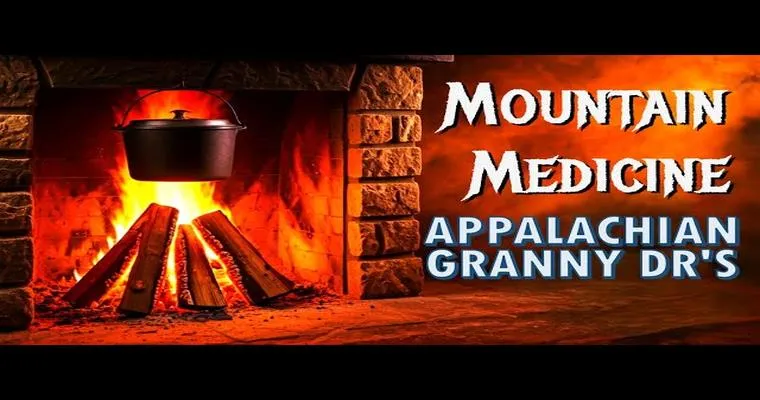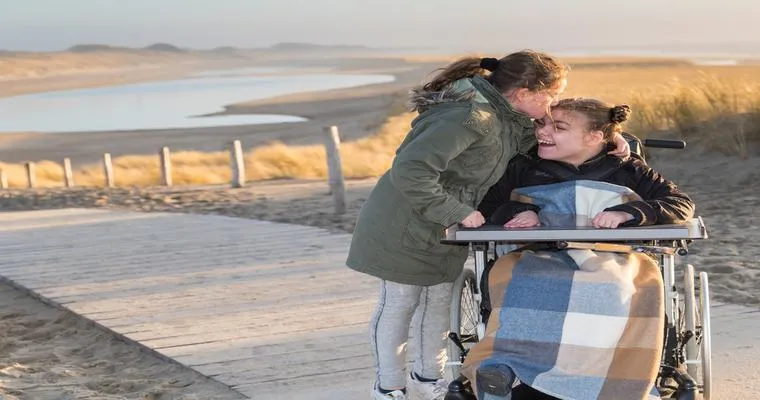The "Appalachian elders" embody a rich tapestry of culture, wisdom, and traditions that have been passed down through generations. As the heart of the Appalachian region, these senior citizens face unique challenges that threaten their way of life. From "healthcare access" to the "decline of traditional lifestyles", the future of the Appalachian elders is a pressing concern that requires our attention and action.
As the population in the Appalachian region ages, there is an increasing need to address the specific issues that these elders face. Many of them live in "rural areas", where healthcare facilities can be sparse and often lack adequate resources. This situation leads to significant disparities in health outcomes compared to their urban counterparts. The challenge is compounded by a shortage of healthcare professionals willing to work in these remote locations, further isolating the elderly from necessary medical care.
In addition to healthcare concerns, the "economic struggles" of the Appalachian region have a direct impact on its elders. Many of them rely on "fixed incomes", such as Social Security or pensions, which may not keep pace with rising living costs. The lack of job opportunities in the area can result in financial strain, making it difficult for elderly residents to afford basic necessities. This economic pressure can force many to make difficult choices, such as whether to pay for medications or keep their homes heated during the winter months.
Social isolation is another critical factor that affects the well-being of Appalachian elders. Many live alone, and with transportation options limited in rural areas, they may find it challenging to engage with their communities. The loss of social interaction can lead to feelings of loneliness and depression, which can further exacerbate health issues. Initiatives aimed at fostering community connections and providing support networks are essential for ensuring that elders feel valued and included.
Moreover, the erosion of traditional lifestyles poses a significant risk to the cultural heritage of the Appalachian elders. As younger generations migrate to urban areas for education and employment, the transmission of cultural practices, folklore, and artisanal skills is at risk of fading. This loss not only impacts the elders but also diminishes the rich cultural landscape of the Appalachian region as a whole.
To address these challenges, several organizations and community initiatives have begun to emerge, focusing on improving the quality of life for Appalachian elders. Programs that promote "intergenerational connections", provide access to "telehealth services", and enhance "transportation options" are crucial in creating a supportive environment. Additionally, efforts to preserve cultural traditions through community workshops and storytelling events can help bridge the gap between generations.
In conclusion, the future of the "Appalachian elders" hinges on our collective efforts to address their unique challenges. By prioritizing healthcare access, economic support, social engagement, and cultural preservation, we can help ensure that these wise and resilient individuals continue to thrive in their communities. It is essential that we recognize the value they bring and work together to create a sustainable future for all Appalachian residents.





